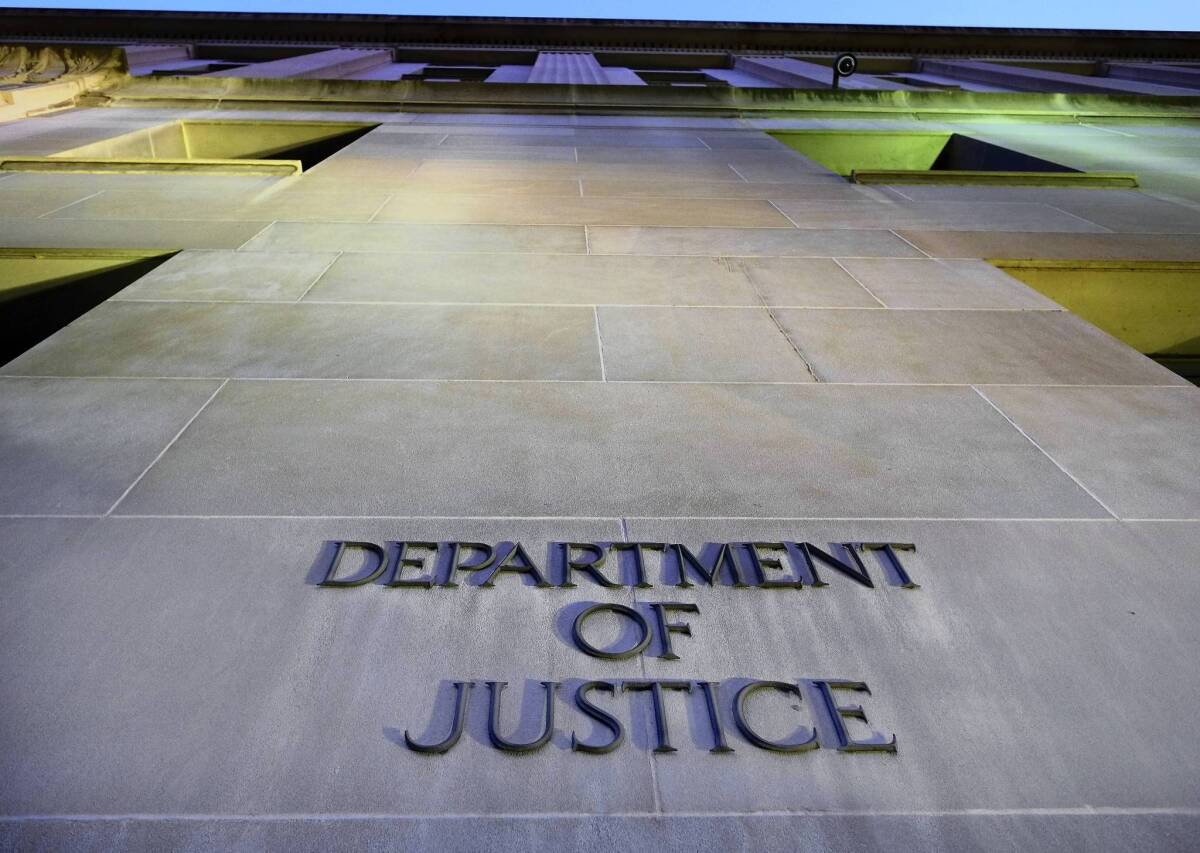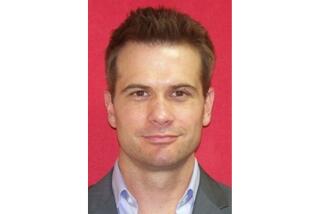Former FBI agent to plead guilty in leak case

- Share via
WASHINGTON — A retired FBI agent who worked on some of the bureau’s biggest cases will plead guilty to leaking classified information about the disruption of a terrorist bomb plot in Yemen in a case that sparked controversy over the government’s subpoenas of reporters’ telephone records.
Donald John Sachtleben, 55, separately pleaded guilty to distributing child pornography. The plea agreement in the leak case became public in court records filed Monday in connection with the pornography prosecution. He has agreed to nearly 12 years behind bars, according to the plea agreement filed in U.S. District Court in Indianapolis.
Sachtleben’s 25-year FBI career included investigating the 1995 Oklahoma City bombing, the 1996 Khobar Towers explosion in Saudi Arabia, the 1998 bombing of the U.S. Embassy in Kenya and the crash of a passenger airliner in rural Pennsylvania that was part of the Sept. 11, 2001, terrorist attacks. After his retirement, he became a training and security consultant for government agencies and private companies dealing with counter-terrorism.
In May 2012, Sachtleben leaked national defense information to an Associated Press reporter regarding a terrorist plot that U.S. authorities had helped thwart, according to court documents. The plot, hatched by the Al Qaeda terrorist organization in Yemen, was meant to use a suicide bomber to knock down a U.S.-bound plane from the Arabian Peninsula, officials have said.
Federal officials said the leak “compromised national security.” Stories based in part on the information given to the Associated Press led to reports of an undercover agent who had infiltrated Al Qaeda’s inner circle, endangering him and ruining the investigation, officials said.
“This unauthorized and unjustifiable disclosure severely jeopardized national security and put lives at risk,” Deputy Atty. Gen. James M. Cole said.
The Justice Department secretly subpoenaed telephone records for 20 phone lines of Associated Press reporters and offices. When that became known, critics saw the government’s conduct as an attack on the 1st Amendment. Some Republicans also accused the administration of overreaching in its zeal to combat leaks.
The furor eventually prompted the Obama administration and the Justice Department to agree to draw up new guidelines that would require advance notice to news organizations in many similar cases in the future.
But the Justice Department says those subpoenas led prosecutors to Sachtleben.
Toll records on one of the reporter’s phone lines matched with other evidence, the Justice Department said in a statement. “This allowed investigators to obtain a search warrant authorizing a more exhaustive search of Sachtleben’s cellphone, computer and other electronic media, which were in the possession of federal investigators due to the child pornography investigation,” the statement said.
Authorities also discounted the possibility that Sachtleben had acted as a whistle-blower. They said he was not exposing government waste, fraud or abuse but rather disclosing highly classified information.
Sachtleben was charged in the pornography case after authorities found about 30 images of child pornography on his laptop at his home in Carmel, Ind., and alleged he was trading the pictures with other people.
Those allegations arose not out of the government’s canvassing of Sachtleben’s computer records but rather by backtracking evidence of child pornography found on another man’s computer in Illinois. Sachtleben was charged in the pornography case nine days after the leak investigation began.
More to Read
Sign up for Essential California
The most important California stories and recommendations in your inbox every morning.
You may occasionally receive promotional content from the Los Angeles Times.














